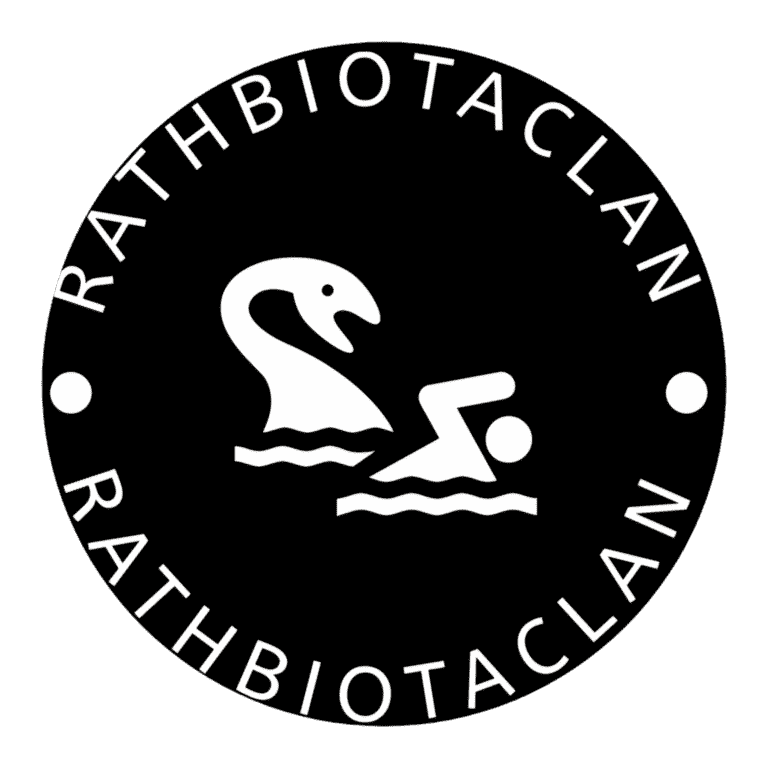Antigen is derived from a French word, “antigène“ where anti means “against “ and the ‘gen’ means thing that produces or causes . Antigens are foreign or toxic substances like bacteria, viruses or it may be Proteins, carbohydrates, or other molecules present on pathogens that are responsible for causing immune response where as
Antibodies are glycoproteins produced by B cells or immune cells that recognises specific antigens through their unique binding sites called paratope. Antibodies are also known as immunoglobulins (Ig) . There are several types of antigen antibody interactions involving many steps and have some specific features which are discussed below:
Antigen and antibody reaction is a bio molecular association similar to enzyme substrate interaction. In this reaction antigen and antibody binds together at a specific point present in them and this association leads to formation of non covalent bonds . It can also be written as Ag-Ab interaction. When this reaction takes place invitro then it is called serological reaction.
Stages of Ag – Ab interaction :
There are mainly three steps involved in antigen antibody interaction .
They are :
- The first stage or primary step of the reaction involves the formation of the Ag-Ab complex in which Antigen binds to antibody and immune complex is formed .
- The second stage or secondary step is the visible stage where phenomena like agglutination, precipitation, etc takes place.
- The third stage or final stage is the stage of neutralisation which involves the destruction of Antigen.


Features Of Antigen Antibody Reaction
The specific or silent features involved in antigen antibody interaction are :
- Specificity of Antigen The capacity to bind only the site specific with the antigen is a feature of the binding site called specificity. It refers to unique feeble binding of specific antigen to its respective antibody.
- Immune Complex : The formation of immune complex indicates that the Antigen has effectively bounded with the antibody and Ag-Ab complex is formed.
- Binding site : The binding site present in antigen is Epitope while the combining site in antibody is paratope and other than this two points Antigen can not bind randomly with antibody at any place.
- Binding forces : There are several non covalent bonds like hydrogen bond , electro static bond , Vanderwal ’s force of attraction , hydrophobic bonds etc are formed which helps in binding Antigen with antibody.
Types Of Antigen Antibody Reaction :
Depending on the type of bond , precipitate formed and other factors there are following types of Ag-Ab interaction…..
- Precipitate Reaction : In this type of interaction soluble Antigen combines with antibody in the presence of electrolyte and after neutralisation a precipitate is formed . It can occur in gel or in liquid depending upon the requirement.
- Agglutunation Reaction : In this type of interaction the antibody present in serum causes the cellular Antigen to form clumps or granules during the process of neutralisation. Hemaglutination inhibition is one of such example.
- ELISA Stand for Enzyme Linked Immuno Sorbant Assay. This step is to gather the info about if there is any exposure of virus bacteria anything like this. It helps in detecting Ag- Ab interaction.
- Immunofluorescence : This method is used to identify Antigens because it produces a sparkle upon binding with an antibody . It is of 2 type that is direct and indirect staining.
- Complement Fixation : In this method a group of proteins bind together to eliminate or to destroy the Antigen.
Factors affecting Ag-Ab Interactions :
There are several factors which influences the interaction are as follows : –
- Physical Factors :
An Optimal temperature of 37°C is required for binding of antigen and antibody . PH affects the conformation of antibody and antigen binding while Ionic strength plays role in influencing the electrostatic interactions . Solvent composition is also important as it Affects antibody stability and binding .
- Biological Factors :
Antibody specificity means the binding of a specific antigen to a specific antibody . The attachment side present in antigen is Epitope and the antigen recognising site present in antibody is paratope . Antibody affinity defines the Binding strength of antibody to antigen while Antibody avidity is the overall binding strength to antigen .
- Chemical Factors :
Epitope density: as the number of epitopes per antigen.
Epitope accessibility: defined by the extent to which the structure of an immunizing antigen allows its epitopes to be bound.
Antigen size and shape Influences the binding kinetics of Antigen antibody interaction .
Antibody valency determines the Number of binding sites per antibody .
- Molecular Factors :
Antigen structure :The binding strength is determined by the way conformational epitope or linear anitgen structure gives it distinctive characteristics.
Molecular flexibility : The extent of bending/rotations antibody and antigen undergo during recognition determines their affinity towards one another.
Glycosylation : Carbohydrate modifications is affected by binding .
- Environmental Factors :
Factors like Presence of competing molecules , Inhibitors or blocking agents , Matrix effects , Sample handling , Processing, storage, and transportation conditions etc affect the binding strength of antibody and Antigen . Assay conditions like Buffer, pH, temperature , ionic strength etc also plays an important role.
- Genetic Factors :
-Genetic variation: Polymorphisms in antibody or antigen genes influences binding
Epigenetic modifications affects gene expression and antibody production
– Immunoglobulin gene rearrangement
– Somatic hypermutation influences antibody affinity maturation
Uses of Ag-Ab interaction :
- It is useful in studying the structure of proteins
- Helps in the expression and regulations of genes
- It is used in diagnostic purposes like detection of pathogens or any cancer cells
- Helps in vaccination as it induces immune response against Antigens
Conclusion
Antigen Antibody Reaction is the Basis of immunology and helps in many research fields . It helps us to know about the different types of bondings that takes place during this interaction .

















